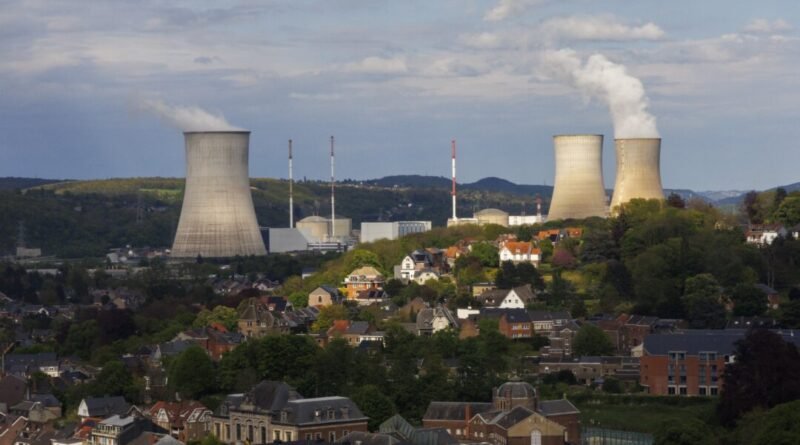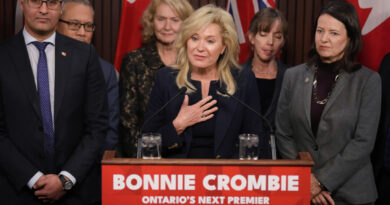Opposition’s Nuclear Energy Plan Puts 12,000 Farms at Risk, Minister Warns
The ongoing discussion regarding whether Australia should adopt nuclear energy continues.
Agriculture Minister Murray Watt has expressed concerns that if the opposition’s nuclear energy policy is implemented, around 12,000 farms could fall under a “radiation alert zone.”
Mr. Watt also raised worries about the potential impact of nuclear reactors on the nation’s water supply, particularly for farmers.
“Research from the parliamentary library indicates that almost 12,000 Australian farms are located within an 80-kilometre radius of proposed nuclear reactor sites,” stated Mr. Watt during an interview with ABC News Breakfast on July 18.
He also cautioned that farmers would need to take precautions to protect themselves in the event of a radiation leak.
“In the event of a nuclear leak, farmers would have to take costly measures and inform their customers about operating within the fallout zone,” Mr. Watt mentioned in a statement provided to AAP.
If the federal opposition wins the next election, they have promised to construct seven nuclear reactors across Australia.
The proposed sites include power stations such as Liddell and Mount Piper in New South Wales, Loy Yang in Victoria, Callide and Tarong in Queensland, Northern Power Station in South Australia, and Muja Power Station in Western Australia.
“A critical aspect not yet discussed in the nuclear debate is the water-intensive nature of nuclear energy generation,” Mr. Watt emphasized.
“The reality is that, in addition to an already risky policy, [Opposition Leader] Peter Dutton has not clarified the source of additional water for his proposed nuclear reactors.”
All-Renewables Approach Uses More Water: Coalition
To counter these concerns, Nationals Leader David Littleproud pointed out that the Labor government’s focus on renewable energy was already impacting farmers in central Queensland by utilizing water resources.
He attributed this to Labor’s cancellation of $7 billion worth of dam projects and alterations to the Murray Darling Basin Plan to secure an extra 450 gigalitres of water from farmers.
The Queensland MP suggested that replacing existing coal-fired power plants with nuclear plants could reduce the need for 28,000 kilometers of new transmission lines required for transitioning to a net zero emission scenario.
“As a result, there would be less necessity to disturb prime agricultural land for renewable energy projects and new transmission lines.”
Meanwhile, the federal opposition argued that Australia is the only one among the top 20 global economies not utilizing or considering nuclear energy technology.
“Energy experts have cautioned that Labor’s energy transition plan could cost between $1.2 trillion and $1.5 trillion.”
Opposition Leader Dutton reiterated that the Liberal-National Coalition’s strategy would involve a mix of nuclear, gas, and renewable energies.
“When observing other nations, it is evident that the majority are either embracing or planning to adopt emission-free nuclear technology due to its cost-effectiveness, reliability, and its potential to drive economic growth and job creation in our country,” remarked Mr. Dutton during a press briefing on July 17.





